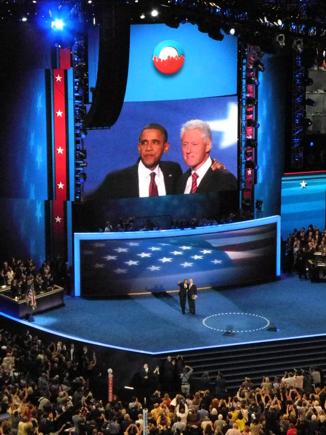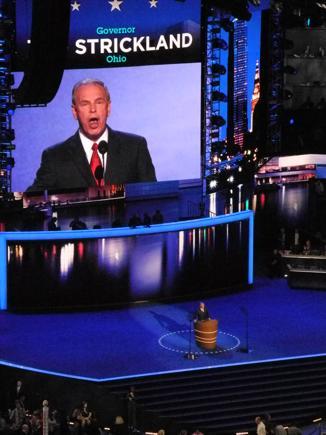Puckering Up
“Whether to blow or not to blow – that intriguing issue triggered heated debate at a session on criminal fraud and the global economic recession at this week’s International Bar Association annual meeting” in Dublin, Ireland Reuben Guttman reports. See his October 2, 2012 blog in The European Lawyer.
Should the US practice of paying bounties to whistleblowers be adopted by other countries?
Currently three US laws provide for bounties to be paid to individuals or entities providing information leading to the recovery of government money. The Internal Revenue’s code allows the Treasury Department to pay individuals that provide information enabling the government to collect unpaid taxes. The False Claims Act provides for bounties to be paid to those who have brought suit in the name of the government against entities or individuals that have filed or caused to be filed false statements causing the payout of monies which — in whole or in part — came from the government.
And, the Dodd-Frank Amendments provide for the payment of bounties to those whose original information or analysis enables the Securities and Exchange Commission to collect sanctions against those that have violated securities laws including the Foreign Corrupt Practices Act, which proscribes the bribery of foreign government officials by companies trading their stock on US exchanges.
http://www.globallegalpost.com/blogs/commentary/puckering-up-46704300/

 CHARLOTTE, NC — Twenty-eight years ago, then New York Governor Mario Cuomo gave a keynote address to the Democratic National Convention in San Francisco with a speech that will be remembered for the ages. But that speech, which focused on the demise of an industrial economy, was built on passion and emotion.
CHARLOTTE, NC — Twenty-eight years ago, then New York Governor Mario Cuomo gave a keynote address to the Democratic National Convention in San Francisco with a speech that will be remembered for the ages. But that speech, which focused on the demise of an industrial economy, was built on passion and emotion. CHARLOTTE, NC — Inside the Democratic National Convention here it is all about winning voters in the State of Ohio. Democratic strategists now believe that if President Obama does not carry the State of Florida, Ohio is a must-win state. While Democratic leaders are guardedly optimistic about Obama’s chances in this rust belt state, they are taking no chances.
CHARLOTTE, NC — Inside the Democratic National Convention here it is all about winning voters in the State of Ohio. Democratic strategists now believe that if President Obama does not carry the State of Florida, Ohio is a must-win state. While Democratic leaders are guardedly optimistic about Obama’s chances in this rust belt state, they are taking no chances.